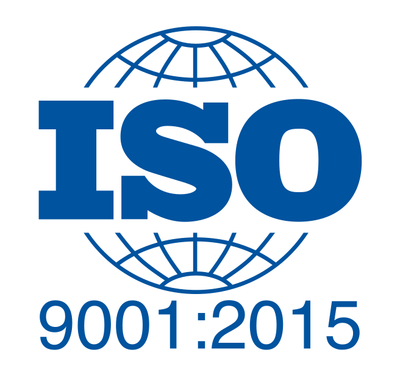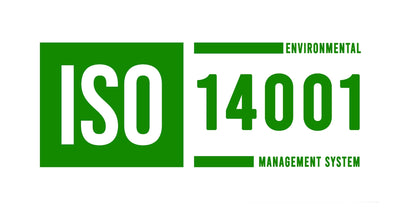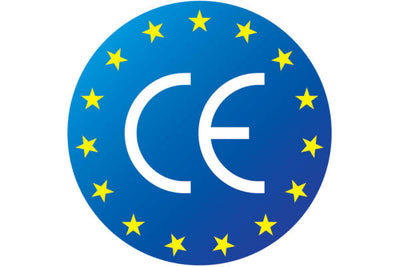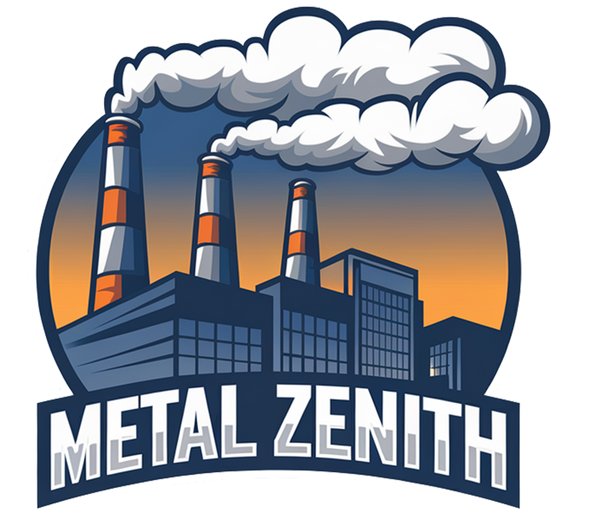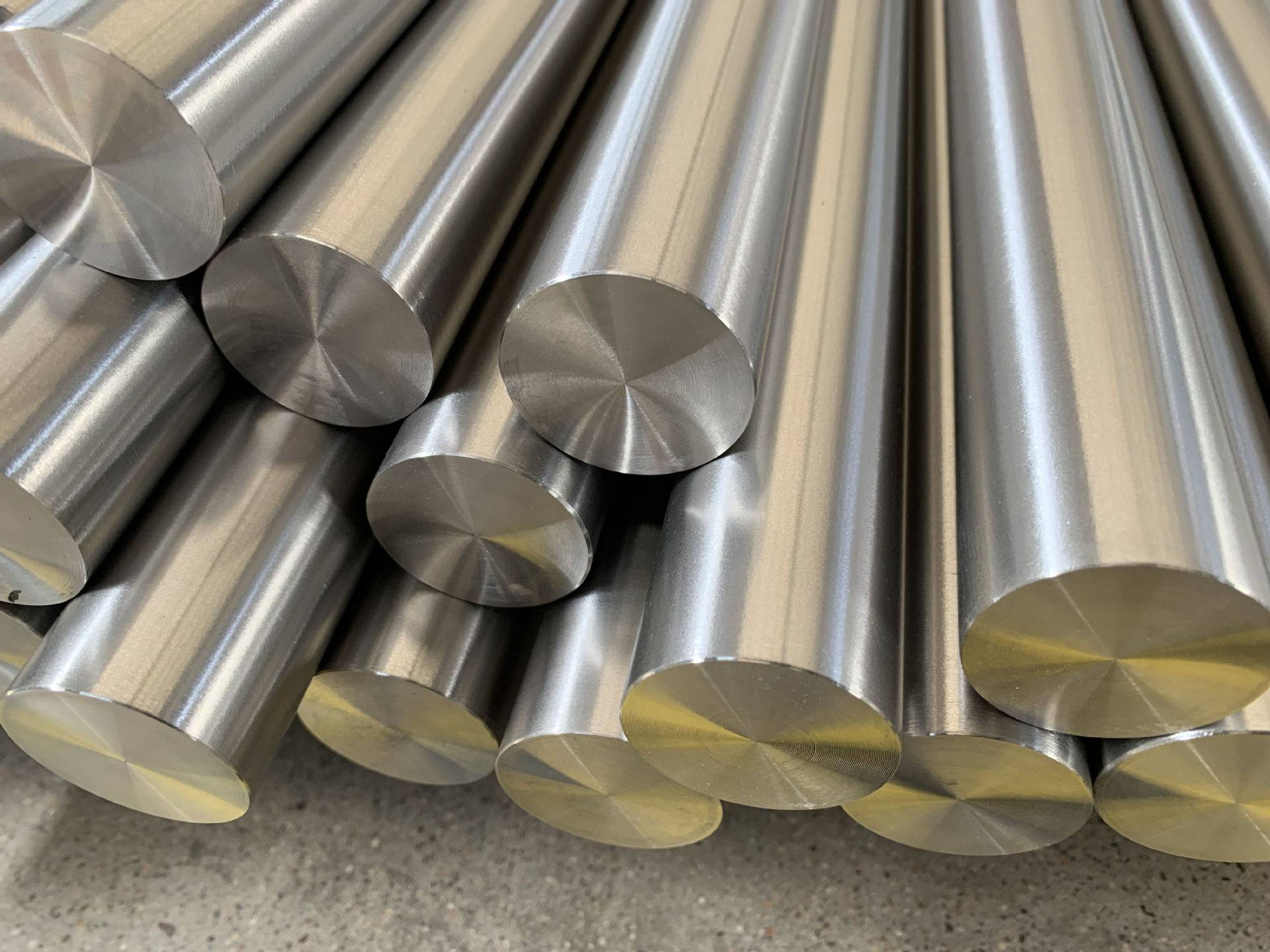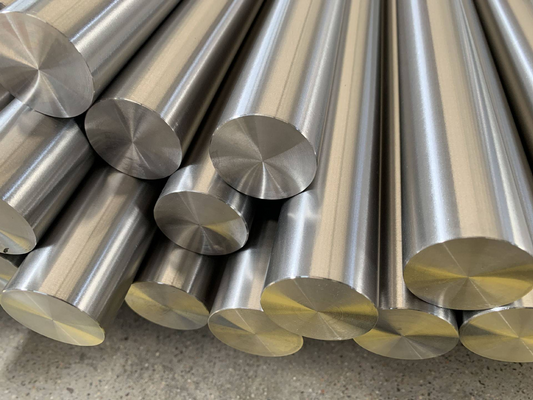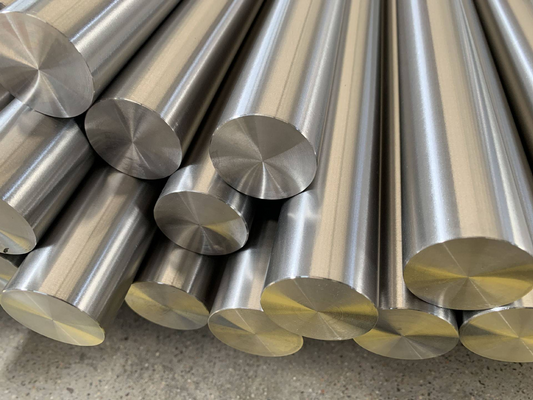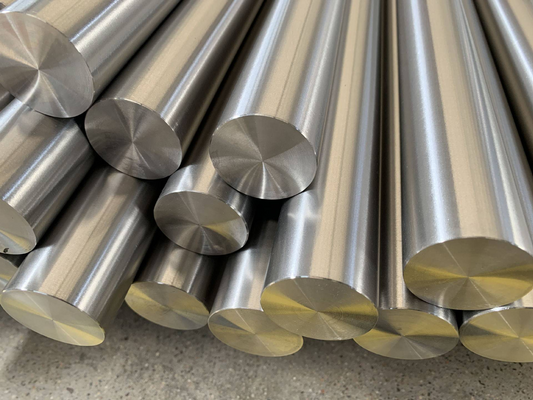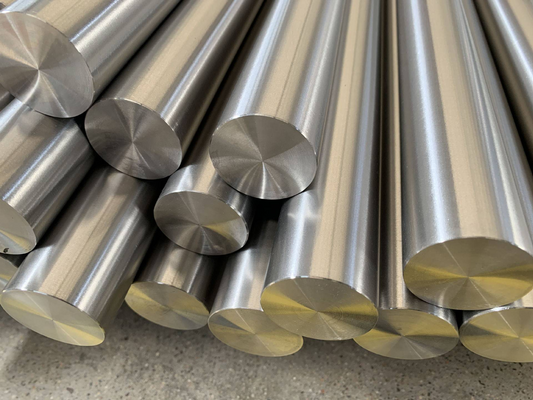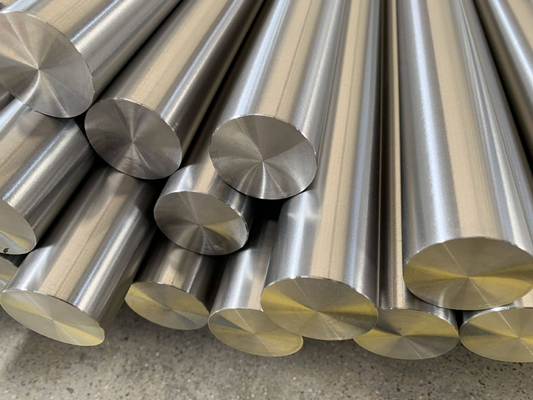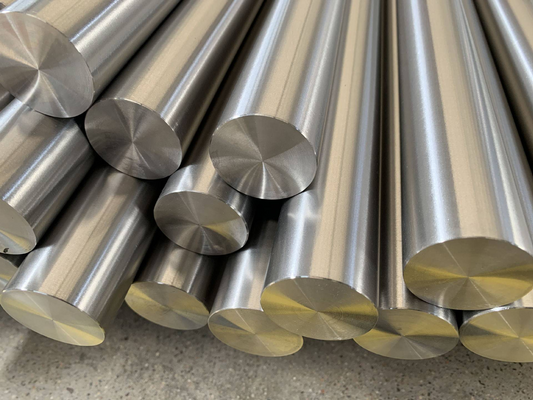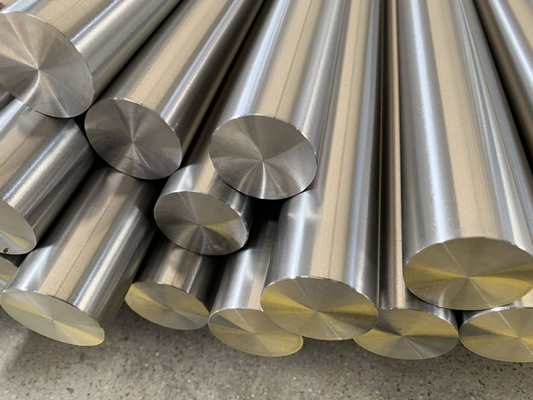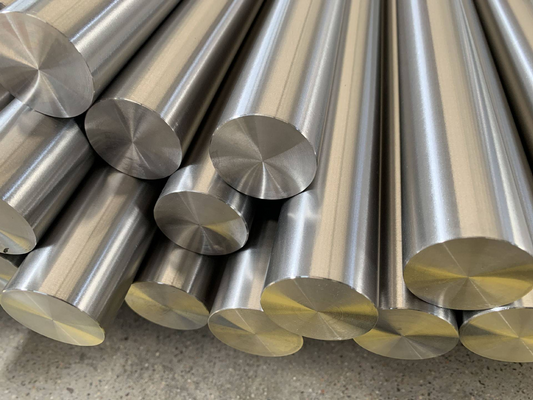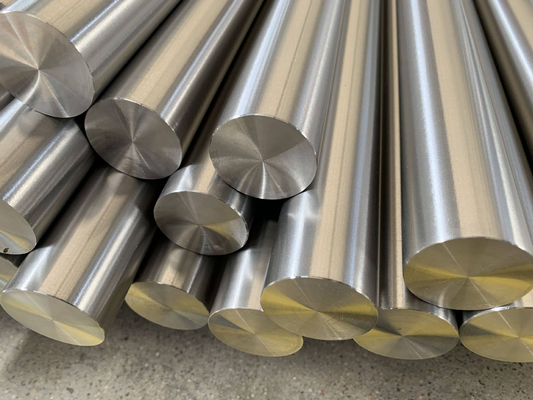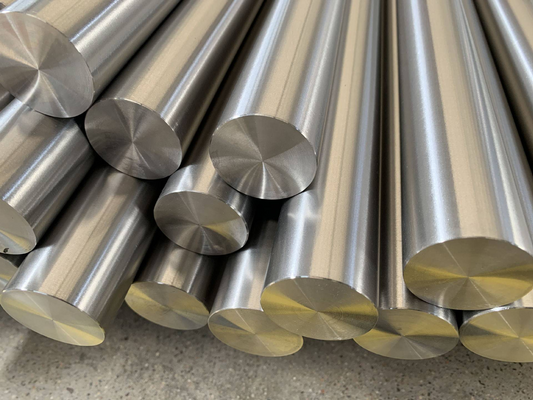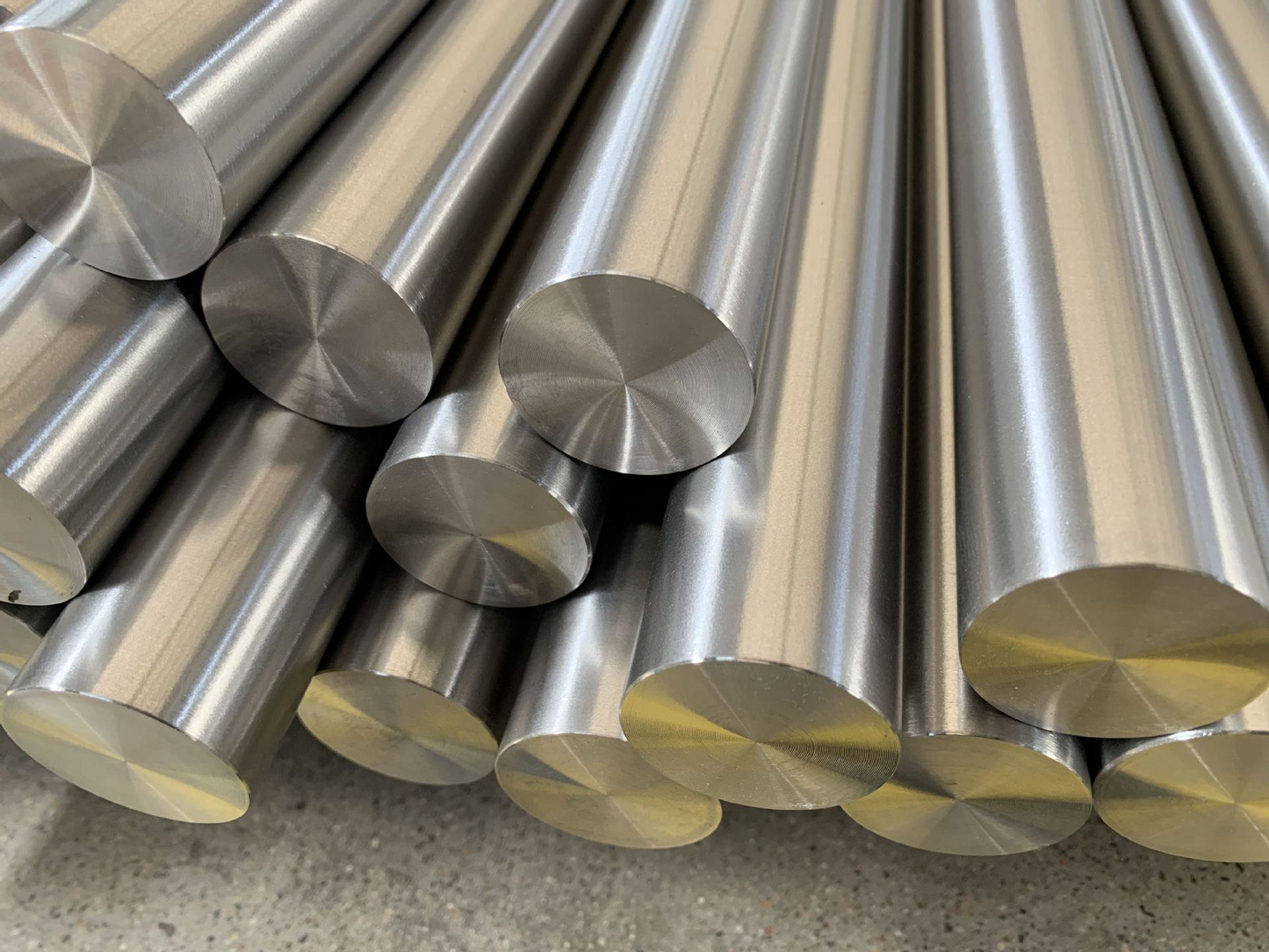
20年の経験 | 1000以上のブランドパートナー | 完全なカスタマイズ
私たちは20年の業界経験があり、1,000以上のブランドと提携し、あらゆるカスタマイズニーズをサポートしています。
Technical Specifications
Product Overview
冶金特性
EN 16Mo3は、高温での圧力容器用途向けに特別に設計された低合金クロムモリブデン鋼です。クロム(0.30-0.60%)とモリブデン(0.25-0.35%)の制御された添加により、500°Cまでの優れたクリープ抵抗と熱安定性が提供されます。微細な粒状のフェライト-パーライト微細構造は、強度、靭性、溶接性の最適な組み合わせを保証します。
熱処理プロセス
MetalZenithは、920-960°Cでの制御された正規化を行い、その後空冷を行って最適な粒子細化を達成します。680-720°Cでのテンパリングは、応力緩和と靭性の向上を保証します。当社のコンピュータ制御炉は、温度の均一性を±5°C以内に維持し、材料の断面全体で一貫した機械的特性を確保します。
製造プロセス
生産は、慎重に選択された原材料を使用した電気アーク炉の溶融から始まります。真空脱ガスは、有害なガスや不純物を除去し、鋳型冶金は正確な化学組成の制御を保証します。連続鋳造により高品質のビレットが生産され、最適な微細構造と機械的特性を達成するために、正確な温度と変形パラメータで制御された圧延が行われます。
品質基準とコンプライアンス
すべてのEN 16Mo3製品は、EN 10028-2の標準要件に準拠しており、ISO 9001:2015品質管理システムの下で製造されています。PED 2014/68/EU認証は、圧力機器用途への適合性を保証します。包括的な試験には、光学放出分光法による化学分析、EN ISO 6892-1に基づく機械試験、EN ISO 148-1に基づくシャルピー衝撃試験が含まれます。EN 10160に基づく超音波試験は、内部の健全性を保証します。
溶接に関する考慮事項
EN 16Mo3は、適切な予熱(150-200°C)と溶接後の熱処理により、優れた溶接性を示します。推奨される溶接消耗品には、組成が一致する電極またはワイヤーが含まれます。インターパス温度は、最適な微細構造を維持するために250°Cを超えてはなりません。応力緩和と最適なサービス性能のために、680-720°Cでの溶接後の熱処理が推奨されます。
🧪 Chemical Composition
| 元素 | 組成 (%) |
|---|---|
| 炭素 (C) | ≤ 0.12 |
| マンガン (Mn) | 0.40 - 0.90 |
| シリコン (Si) | ≤ 0.35 |
| リン (P) | ≤ 0.025 |
| 硫黄 (S) | ≤ 0.010 |
| クロム (Cr) | 0.30 - 0.60 |
| モリブデン (Mo) | 0.25 - 0.35 |
| ニッケル (Ni) | ≤ 0.30 |
| アルミニウム (Al) | ≥ 0.020 |
| 窒素 (N) | ≤ 0.012 |
| 銅 (Cu) | ≤ 0.30 |
| バナジウム (V) | ≤ 0.02 |
⚙️ Mechanical Properties
| 特性 | 値 |
|---|---|
| 引張強度 (Rm) | 450 - 600 MPa |
| 降伏強度 (Re) | ≥ 275 MPa |
| 伸び (A5) | ≥ 22% |
| 衝撃エネルギー (KV) 20°Cにおける | ≥ 40 J |
| 衝撃エネルギー (KV) 0°Cにおける | ≥ 27 J |
| ブリネル硬度 (HB) | ≤ 190 |
| ヤング率 | 210 GPa |
| ポアソン比 | 0.30 |
| 疲労限界 (107 サイクル) | 200 MPa |
| クリープ破壊強度 (450°Cで100,000時間) | 118 MPa |
| クリープ破壊強度 (500°Cで100,000時間) | 78 MPa |
🔬 Physical Properties
| プロパティ | 値 |
|---|---|
| 密度 | 7.85 g/cm³ |
| 融点 | 1510°C |
| 熱伝導率 (20°C) | 42 W/m·K |
| 熱伝導率 (400°C) | 35 W/m·K |
| 熱膨張係数 (20-100°C) | 11.5×10-6/K |
| 熱膨張係数 (20-400°C) | 12.8×10-6/K |
| 比熱容量 | 460 J/kg·K |
| 電気抵抗率 (20°C) | 0.18 µΩ·m |
| 磁気透過率 | 強磁性 |
| キュリー温度 | 770°C |
| 熱拡散率 (20°C) | 11.6×10-6 m²/s |
📏 Product Specifications
| 仕様 | 利用可能なオプション |
|---|---|
| 製品形状 | プレート、シート、バー、鍛造品、チューブ、パイプ |
| プレート厚 | 5 - 250 mm |
| シート厚 | 0.5 - 5 mm |
| バー直径 | 10 - 300 mm |
| チューブ外径 | 10 - 600 mm |
| 最大寸法 | 3000 × 12000 mm |
| 規格 | EN 10028-2、ASTM A387 Gr 12、JIS G3103 SBV2 |
| 表面仕上げ | 熱間圧延、正規化、酸洗い、ショットブラスト |
| 公差クラス | クラスA、クラスB、クラスC(EN 10029に基づく) |
| 熱処理 | 正規化、正規化 + 焼戻し |
| 試験 | 3.1証明書、3.2証明書(EN 10204に基づく) |
| 特別な要求 | Z方向試験、HIC試験、PWHTシミュレーション |
あなたのプロジェクトの成功を共に創りましょう
プロフェッショナルチーム、プレミアム製品、完全なサービス - あなたのプロジェクトの成功は私たちの使命です
Our Advantages in Processing 16Mo3

高度な真空脱気技術
MetalZenithは、鋼の生産中に最先端の真空脱ガスシステムを利用しており、超低硫黄(≤ 0.010%)およびリン(≤ 0.025%)含有量を達成しています。この先進技術は、EN 16Mo3鋼において優れた清浄度、向上した溶接性、および改善された衝撃靭性を保証します。
精密熱処理制御
私たちのコンピュータ制御の熱処理設備は、温度精度±5℃で正確な正規化および焼戻しプロセスを提供します。これにより、最適な結晶構造、一貫した機械的特性、および材料の断面全体にわたる優れたクリープ抵抗性能が確保されます。


包括的なテストとカスタマイズ
MetalZenithは、非標準寸法、特別な表面仕上げ、および用途特有の熱処理を含む完全なカスタマイズサービスを提供しています。社内の試験室では、化学分析、機械試験、および超音波検査報告書を伴う完全な材料認証を提供しています。
あなたの信頼できる 鋼
製造パートナー
クイックお問い合わせ
私たちが提供する業界
主要産業向けのプロフェッショナルな鋼ソリューション
資格と認証
